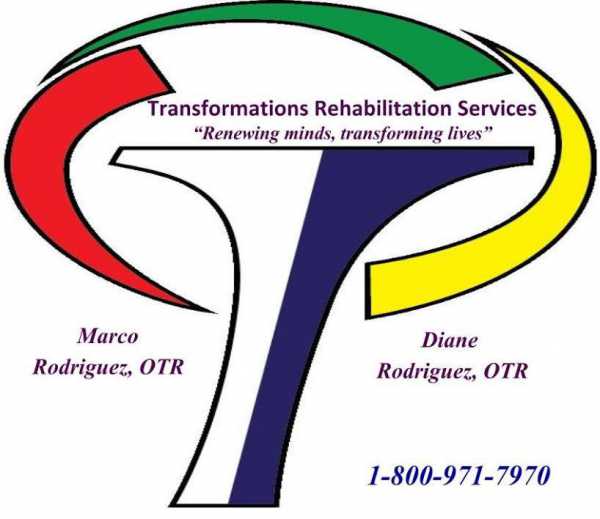x
D
A
Y
S
O
F
R
E
M
E
M
B
R
A
N
C
E
Therapeutic / Rehabilitation Services
Therapeutic / Rehabilitation Services
The following are a few examples of conditions and injuries of the upper extremity (i.e., hand, wrist, elbow, shoulder girdle, rotator cuff, multiple joints) that are treated by occupational therapy practitioners.
- Fractures
- Amputations
- Arthritis and rheumatic diseases
- Congenital anomalies
- Crush injuries or trauma
- Cumulative trauma
- Dislocations and subluxations
- Ligament injury and instability
- Muscle strains, tears, and avulsions
- Tendon injuries and conditions (e.g., lacerations, tendonitis, ruptures)
- Nerve injuries and conditions (e.g., neuropathies, palsies, nerve repair)
- Pain (e.g., complex regional pain syndrome, fibromyalgia)
- Replantation and revascularization
- Wounds and scars
- Thermal and electrical injuries
- Neuromuscular pathologies
Occupational therapy interventions are designed to meet individual client needs and may include the following as part of a comprehensive plan of care:
- Therapeutic activities
- Therapeutic exercise
- Orthosis design, fabrication, fitting, and training
- Joint protection and/or energy modification in home, work, school, or leisure activities
- Sensory re-education
- Mirror therapy
- Scar management
- Pain management
- Work conditioning or work hardening
- Training in activities of daily living and adaptive or assistive devices
- Education for post-surgical or post-injury safety, including sensory loss









